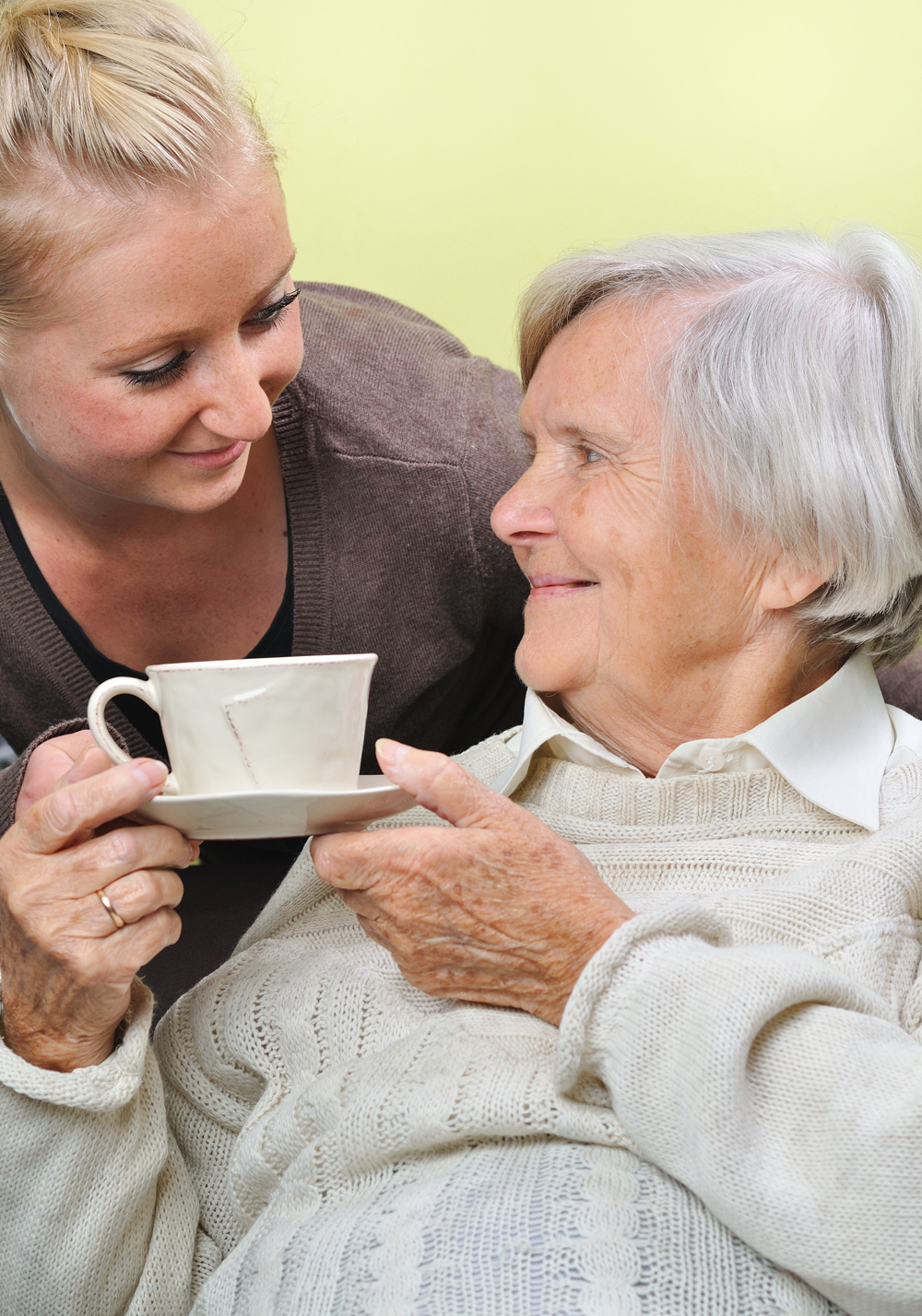
Obesity is a significant health concern that affects individuals of all age groups, including the elderly. While it is often associated with younger populations, obesity among seniors is on the rise and comes with unique challenges. In this article, we will explore the causes, risks, and strategies for addressing obesity in the elderly to promote a healthier and more active lifestyle.
Understanding risks and strategies for seniors
Obesity among the elderly, characterized by a body mass index (BMI) of 30 or higher, is a complex issue influenced by various factors. Understanding its causes and associated health risks is crucial for effective management and improved well-being in older adults.
Factors contributing to obesity in seniors:
Find YOUR ideal care home NOW!
-
Lifestyle choices: Sedentary behavior, poor dietary habits, and limited physical activity contribute significantly to obesity, particularly in seniors facing mobility challenges due to age-related issues.
-
Metabolic changes: Aging is accompanied by a decline in metabolic rate and muscle mass, making weight management more challenging for older individuals.
-
Medications: Certain medications commonly prescribed to seniors may induce weight gain as a side effect, further exacerbating obesity.
Health risks of obesity in seniors:
-
Heart disease: Obesity increases the risk of heart-related conditions such as hypertension, high cholesterol, and congestive heart failure, posing significant cardiovascular health risks.
-
Type 2 diabetes: Seniors with obesity are at a heightened risk of developing type 2 diabetes, leading to complications such as neuropathy and vision impairments.
-
Arthritis and joint pain: Excessive weight exacerbates joint stress, contributing to conditions like arthritis and joint pain, which can impair mobility and overall quality of life.
-
Cognitive decline: Studies suggest a correlation between obesity and cognitive decline in older adults, including an elevated risk of dementia and other cognitive impairments.
-
Increased falls: Obesity can compromise balance and stability, increasing the likelihood of falls and fractures, further impacting mobility and independence.
Further reading: What does a Care Home do?
Strategies for managing obesity in seniors:
-
Healthy diet: Encourage a balanced diet comprising fruits, vegetables, lean proteins, and whole grains, while monitoring portion sizes to prevent overconsumption.
-
Regular physical activity: Promote tailored physical activities such as walking, swimming, or chair exercises to enhance mobility and metabolic health.
-
Medical assessment: Consult healthcare providers to evaluate underlying health conditions and medication effects contributing to weight gain, and consider necessary adjustments.
-
Behavioral support: Offer behavioral therapy to address emotional eating patterns and cultivate healthier dietary habits among seniors.
-
Social support: Foster engagement in group activities and establish support networks to motivate and sustain lifestyle changes.
-
Progress monitoring: Regularly track weight and health metrics, celebrating incremental achievements to reinforce positive behaviors.
Managing weight concerns in later life?
Obesity in older adults can affect mobility, daily independence and long-term health, making everyday life more difficult to manage at home. When maintaining a healthy routine becomes challenging without support, a suitable care environment can help provide structure, monitoring and encouragement. Senior Home Plus helps families explore care home options across the UK when weight-related health concerns and daily support needs increase.
Get guidance on finding a care homeFree guidance • No obligation
Effective Strategies for Managing Obesity in Seniors
| Strategy | Benefits | Implementation |
|---|---|---|
| Healthy Diet | Improves metabolism and reduces risk of chronic diseases. | Encourage fruits, vegetables, lean proteins, and portion control. |
| Regular Physical Activity | Enhances mobility, balance, and cardiovascular health. | Promote walking, swimming, or chair exercises. |
| Medical Assessment | Identifies medication side effects or underlying health conditions. | Consult healthcare providers to adjust treatments if needed. |
| Behavioral Support | Addresses emotional eating and encourages healthy habits. | Engage in counseling or support groups. |
| Social Engagement | Prevents isolation and promotes motivation. | Encourage participation in senior community activities. |
Obesity in aging presents multifaceted challenges, but with concerted efforts and support, seniors can effectively manage their weight and improve overall health outcomes. Collaboration between healthcare professionals, caregivers, and seniors themselves is essential in combating obesity and promoting healthy aging. Remember, even small lifestyle changes can yield significant improvements in physical and emotional well-being, irrespective of age.
FAQ: Obesity and Seniors
What causes obesity in seniors?
Obesity in seniors can be caused by sedentary lifestyles, metabolic changes, medication side effects, and poor dietary habits.
How does obesity impact mobility?
Excess weight places strain on joints and muscles, making movement more difficult and increasing the risk of falls.
Can obesity increase the risk of cognitive decline?
Yes, studies suggest that obesity may contribute to memory loss, dementia, and other cognitive impairments.
What are the best exercises for overweight seniors?
Low-impact activities like swimming, walking, tai chi, and chair exercises help improve mobility and cardiovascular health.
How can seniors manage obesity if they have mobility issues?
Seniors with limited mobility can focus on a balanced diet, seated exercises, and medical interventions to support weight management.
Are there government programs to help seniors with obesity?
Yes, some healthcare programs offer nutritional counseling, exercise programs, and medical support for managing weight in older adults.
For assistance in finding a care home or facility tailored to your needs, contact us at 0230 608 0055 or fill out our online form.
Search for Care Homes by Region
| East Midlands | Eastern | Isle of Man |
| London | North East | North West |
| Northern Ireland | Scotland | South East |
| South West | Wales | West Midlands |
| Yorkshire and the Humber |
You are looking for a care home or nursing home for your loved one ?
Share this article :
Latest posts
You are looking for an establishment for your loved one ?
Get availability & prices
Fill in this form and receive
all the essential information
We would like to inform you of the existence of the opposition list for telephone canvassing.










